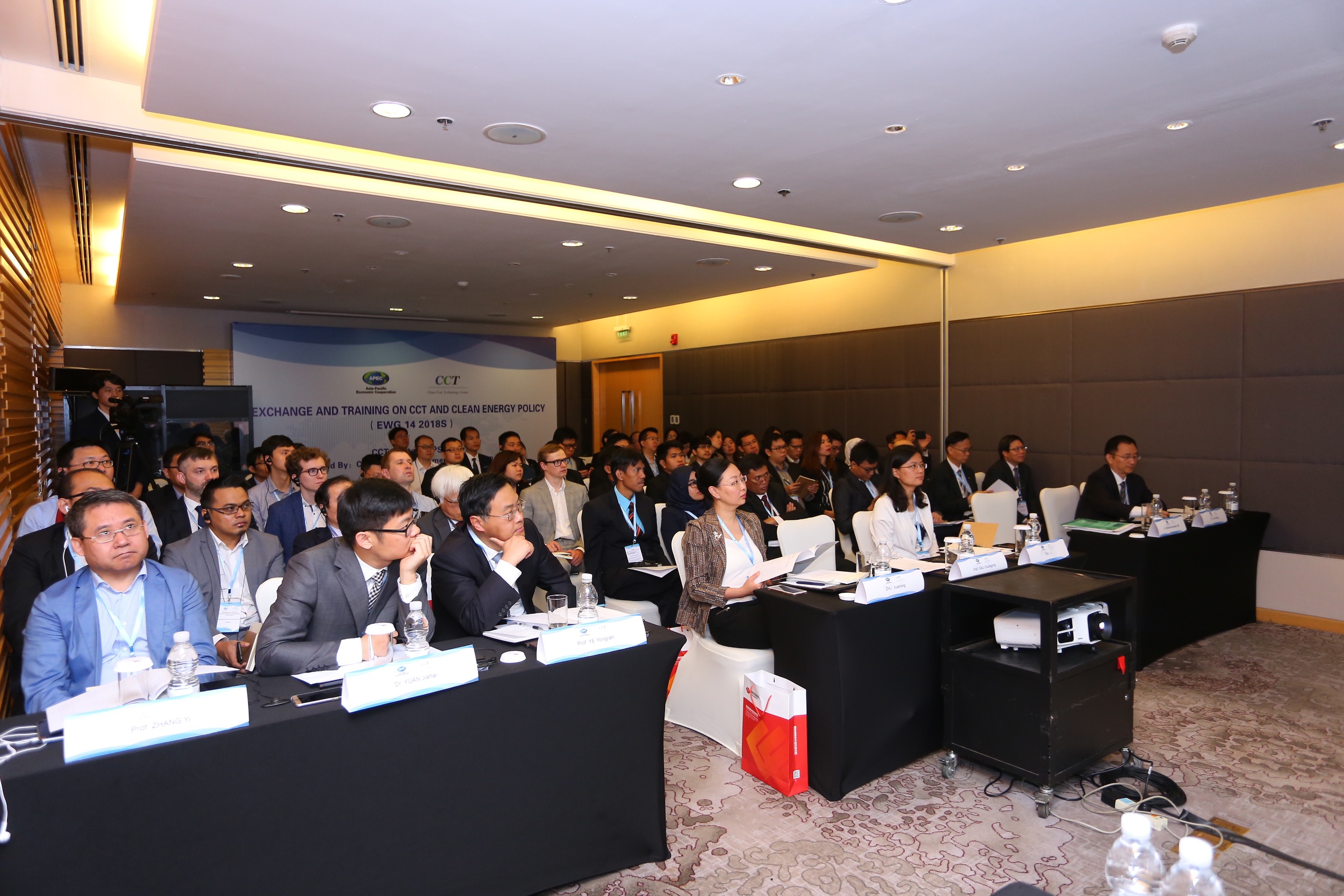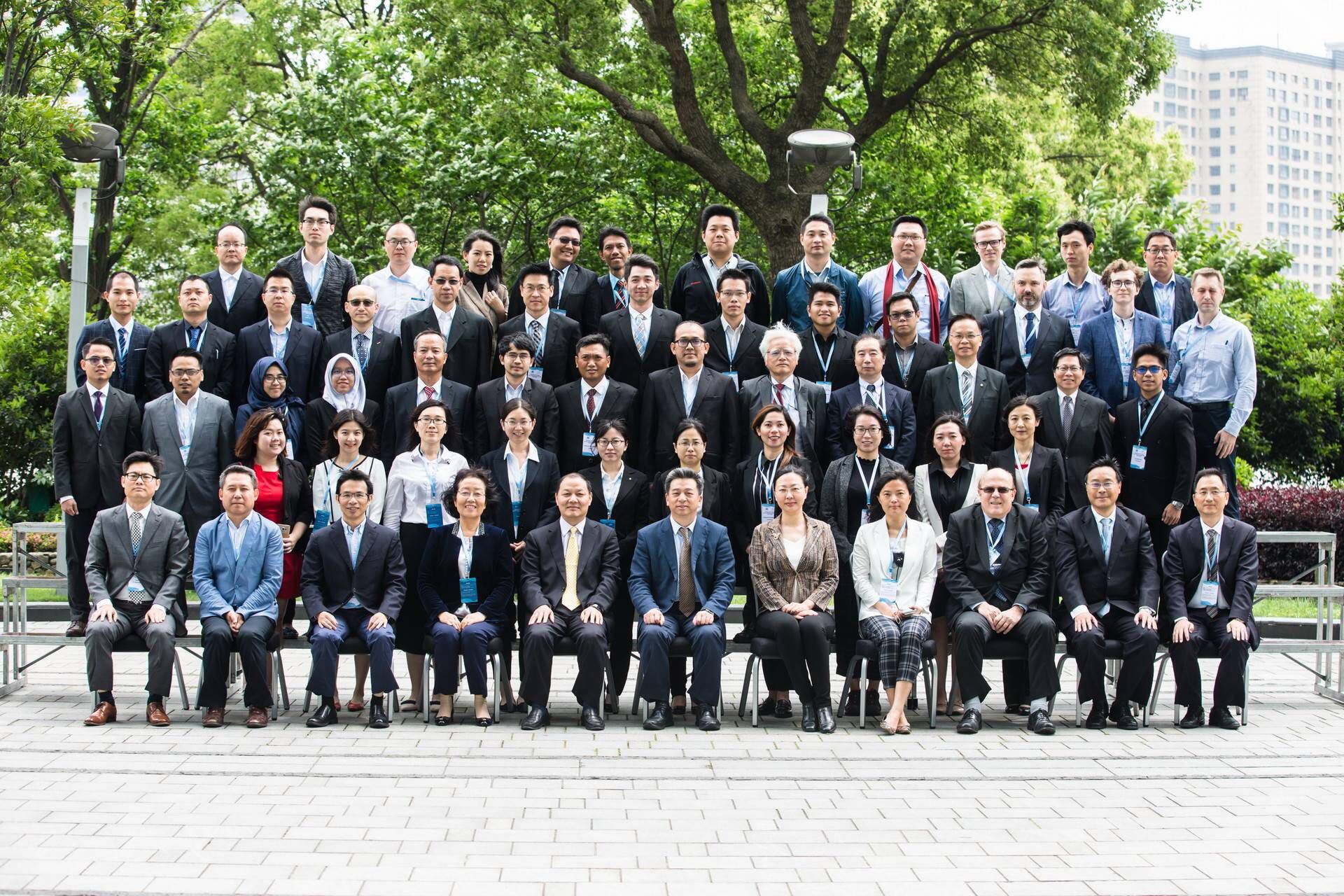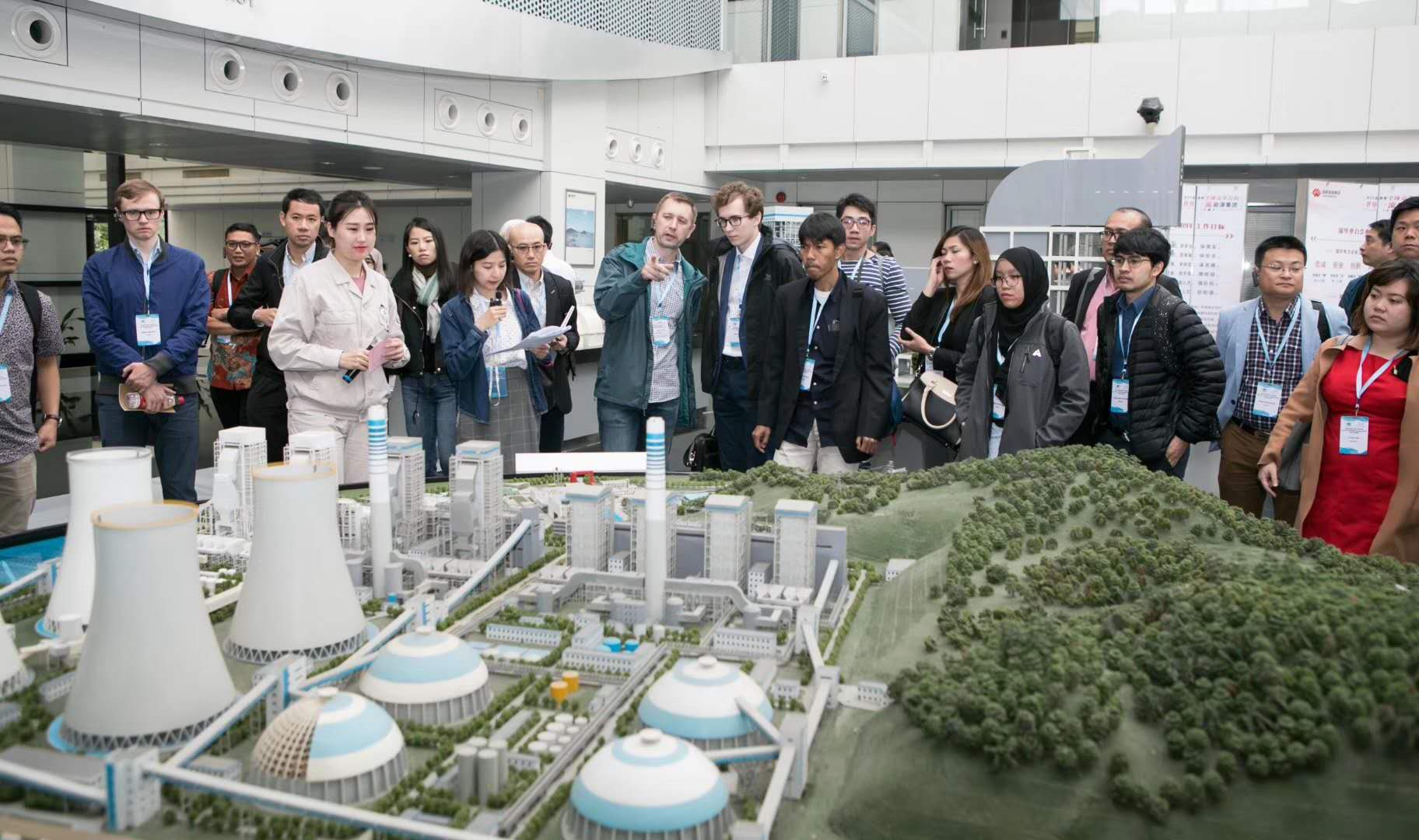The Chinese Experience on Cleaner Coal Technologies Shared
China’s rapid economic growth over past three decades has been fuelled largely by burning of coal, of which China has been endowed with abundant resources. Coal-fired power plants have provided the Chinese economy and its residents with needed large-scale and low-cost electricity. However, as the most polluting fossil fuel, coal consumption has directly resulted in a range of environmental degradation and pollution both locally and globally.
To address the challenges, the cleaner coal technologies have been identified and promoted by the Chinese government in China’s energy policy and development strategy in as early as the 1980s, which include the development of large-size ultra-supercritical coal-fired generating units, circulating fluidized bed combustion, combined heat and power generation, and advanced emission control technologies.
By 2017, average efficiency of 1000MW and 600MW ultra-superficial generating units reached 43.4% and 40.6% respectively and combined of which accounted for about 45% of the capacity of country’s coal-fired power generation fleet. More large-size and efficient generating units have contributed to a deacceleration of coal burning in power sector. National average of specific coal consumption for power generation has dropped down to 309gce/kWh. In parallel, China has also stipulated and effectively enforced the strictest emission standard in the world to control pollutant emissions from power plants such as particulates, sulphur dioxide and nitrogen oxides.
The Chinese experience has demonstrated a successful approach deploying cleaner coal technologies and limiting the environmental externalities from coal burning. These have happened when the renewable energy resources have played an increasingly important role in the generation mix. Across the APEC region, about 69% of the coal are used for power generation. Many economies still heavily rely on coal for their electricity supply. The Chinese experience of relevant technology innovation and deployment can help shed lights for other economies on technology choice, energy policy making and implementation.

Against this backdrop, a training program on Cleaner Coal Technology and Clean Energy Policy was organized over 6-10 May 2019 in Ningbo, China by Clean Coal Technology Transfer Program Joint Operation Center (CCT Center), supported by China Energy Investment Corporation.
The training is to support relevant APEC economies, especially developing economies with rich coal resources, making better use of coal in power generation, providing insights into environmental problems caused by coal burning, and exploring technical measures toward a cleaner coal-fired power generation. Three main technical themes are covered, namely clean and efficient coal-fired power generation technologies, pollutant control of flue gas, and carbon capture, utilization and storage (CCUS). Besides classroom training, technical field visits were organized to Ninghai and Zhousan Power Plants in Zhenjiang Province.

Representatives from 10 APEC economies participated in the training, including these from Hong Kong, China; Indonesia; Japan; Malaysia; the Philippines; Russia; Chinese Taipei; Thailand, Viet Nam and China. Ms Xuantong Zhu, Deputy Advisor, Department of International Cooperation, National Energy Administration of China (NEA) addressed the training program.

The CCT Center is a joint research facility between APSEC and China Energy Investment Corporation., aiming at promoting development and application of clean coal technologies, pushing forward with technology sharing and information exchange, as well as improving policy making process, program development and implementation in the APEC region. This training is part of the APEC project EWG 14 2018S implemented by the CCT Center.

